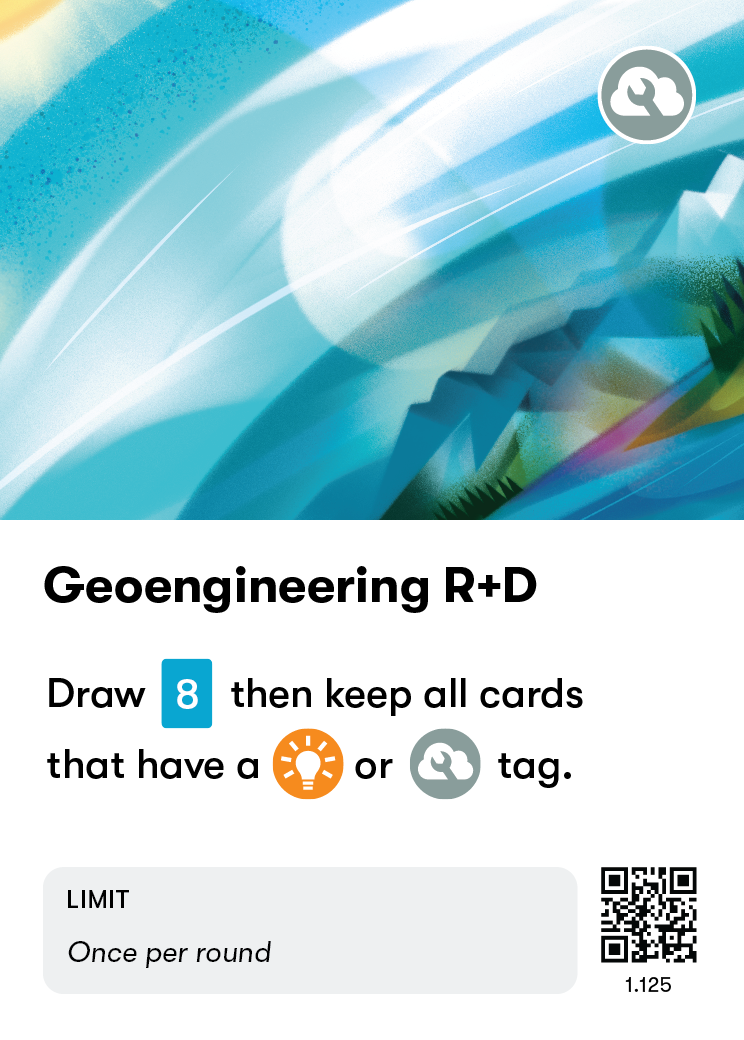Geoengineering R+D
Local Project
Geoengineering describes a set of large-scale interventions into the climate system. There are two categories of geoengineering:
Carbon Dioxide Removal, which could help bring greenhouse gas concentrations back down to safe levels once we’ve eliminated ecologically-destructive processes.
Solar Radiation Management, which could lower global temperatures and might help to reduce climate risks while other policies are implemented.
Researchers studying geoengineering today often look at:
Computer simulations, to study the potential and risks of Stratospheric Sulfur,
Field tests of Cloud Brightening and Ocean Fertilization to understand their effects in the real world,
Improving Direct Air Capture facilities and technology.
Geoengineering research is controversial. Some argue that it is poorly understood and involves major alterations to complex and important planetary systems, with potentially catastrophic results. They worry that too much investment in geoengineering will distract us from the urgent cuts in emissions we should be making today. However, others argue that some geoengineering technologies may be effective, so we need a better understanding of their risks and benefits in order to know which we should avoid and which might help in the fight against the climate emergency.
Draw 8 cards. Add any cards with Innovation and/or Geoengineering tags to your hand. Discard the others.
You may take this action once per round.

▶️ The climate-change experiment (The Economist, YouTube)
▶️ Cloud Brightening Field Trip 2021 (Southern Cross University, YouTube)
▶️ Carbon Capture Technology Explained (Freethink, YouTube)
The deadly climate gamble (Corporate Europe Observatory)
Contact your political representatives to urge international rules and scrutiny about the test or use of risky technologies such as these.
Study science or engineering and you might be able to contribute to the evaluation and potential development of geoengineering technologies.



